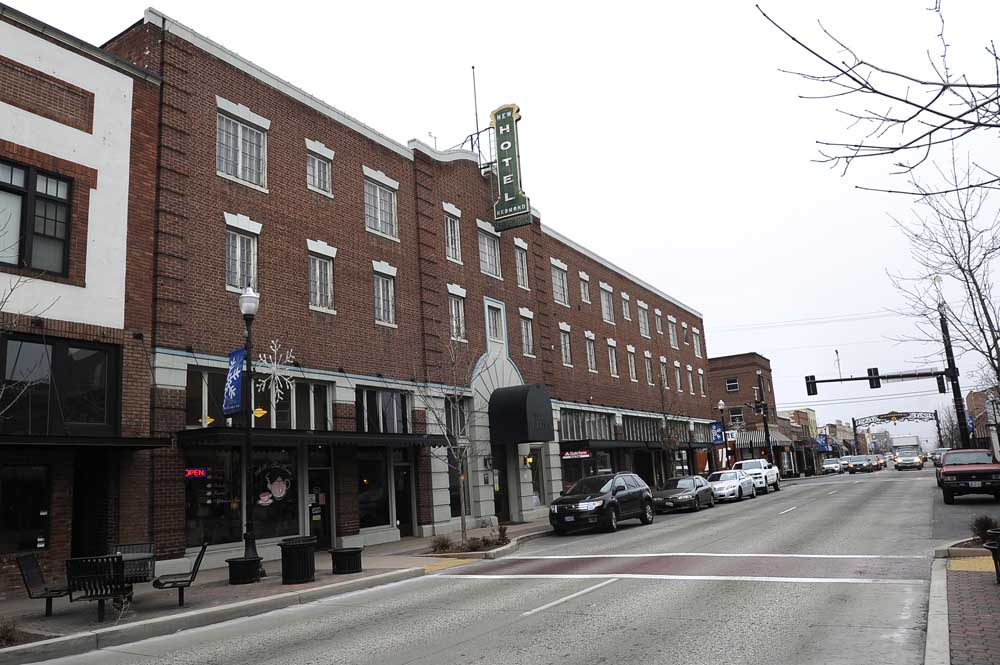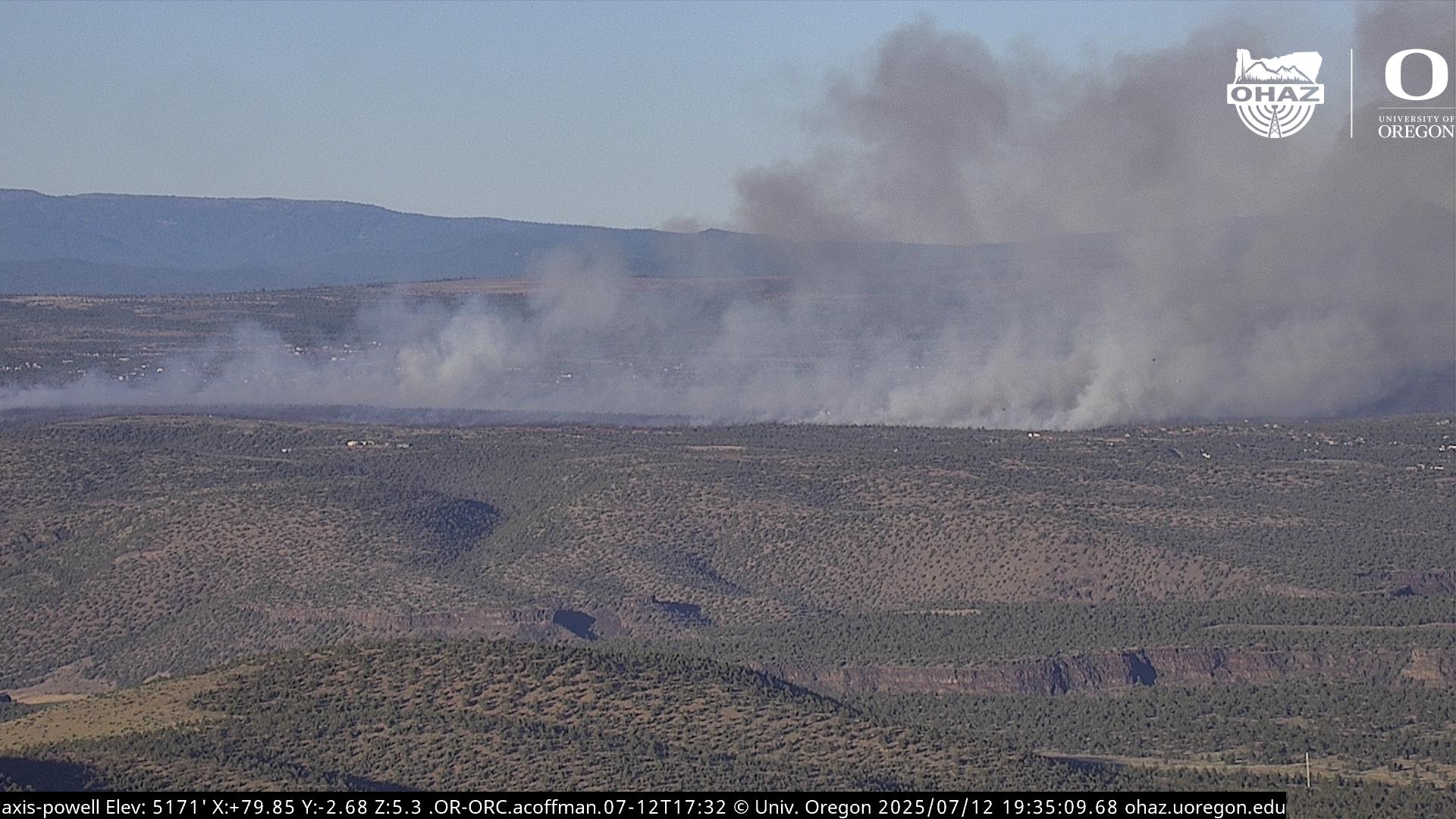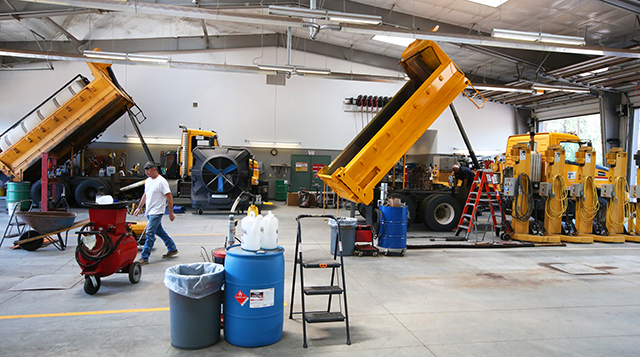Redmond Hotel developer wants more money from city
Published 12:00 am Friday, November 9, 2018

- The historic Redmond Hotel on SW Sixth Street is inside the federally designated opportunity zone in Redmond. (Ryan Brennecke/Bulletin file photo)
Considered the cornerstone of downtown Redmond’s revitalization, the 90-year-old Redmond Hotel may remain closed to guests, but open as a shared workspace.
Whether the project goes forward as a hotel or as a coworking space with a rooftop bar depends on how much the Redmond City Council decides to sweeten its initial investment. Acting in its capacity as the city’s urban renewal agency, the council will hold a meeting Tuesday to evaluate the project and decide if it will help cover the extra costs that would be incurred to restore it to its past luster and make it modern and energy efficient, said Ken Cruse, CEO of Alpha Wave, a private equity firm and SCP Hotels, a hospitality firm.
Trending
The urban renewal committee has estimated that a fully renovated hotel could bring in about $3.1 million to downtown businesses in just the first year of operation, as well as improve overall property values and attract new businesses.
“Our plan is to deliver a great hotel, much needed creative coworking space, a new marketplace and a great rooftop venue,” Cruse said. “We believe this project will serve as a critical catalyst for further economic activity, business growth and new jobs in the downtown Redmond market.”
When the $670,000 loan was approved in March, the construction costs were anticipated to be about $2.8 million, but after the developer dug into the remodeling, he realized that the price tag was higher due to fire safety improvements needed for the rooftop area, plumbing and electrical issues that will affect the bottom line.
The new price tag is closer to $7 million, leading to a $3.53 million gap after the developer ponied up an additional million, according to city documents. If approved, the council would increase its investment to $3.53 million, about a third of the costs, compared to 12 percent as approved in March, according to city documents.
“It will be completely up to the city to decide if it is in the best interest of the downtown Redmond market to provide additional support, and if so, how much,” Cruse said. “Absent additional city support we will likely have to meaningfully reduce the scope of the renovation.”
Keith Witcosky, Redmond city manager, said it is unknown how the council vote will go once it learns that the costs have risen for the 43,00-square-foot hotel, which created a gulf between the current costs and the previous estimates, he said.
Trending
“It is not unusual at all for historic renovation projects to see increased costs as walls are peeled back; electrical systems are better understood and aspects such as removal of hazardous materials are uncovered,” Witcosky said. “With this project there also would be additional cost increases of prevailing wage rates.”
The tight labor market also will bump up costs even higher, he said.
“Renovating an old historic building is much more complex, with many more cost surprises than new construction. Fortunately, City Council’s hands are not tied on this project,” he said.
The council has the option of investing more and weighing the benefits of having a fully restored landmark hotel operational again.
Cruse said he had targeted summer 2019 for the hotel renovation. In addition to the loan, tied to operating the property as a hotel for 10 years, the developer qualified for federal tax credits, city and county property tax freezes and an opportunity zone tax credit from the state, Cruse said.
“We’ll try to leverage these benefits,” Cruse said. “We think the end product is going to be something that Redmond is looking for. It’s a high-profile asset for Redmond, and the city recognizes this.”
As a cornerstone to the revitalization of the downtown corridor, the hotel could do for Redmond what Wild Ride Brewing’s production facility and taproom did for the area in 2014, said Jon Stark, Redmond Economic Development Inc. senior director.
The hotel was built in 1928 and last operated as a hotel in 2005. It is one of the largest buildings in downtown Redmond and listed on the National Register of Historic Places. Under Cruse’s plan, the building would have solar panels, new energy-efficient window glass and upgraded plumbing and electrical systems.
The second and third floors have 48 rooms, but the ground floor is occupied by Red Martini Wine Bar & Grill; Oishi, a sushi restaurant; and AK’s Tea Room.
Cruse’s hospitality firm renovated the 167-room Hotel Colorado Springs in Colorado that featured the firm’s core values of taking vintage structures and recycling buildings to create a tie to the community, Cruse said. The hotel opened in June after a nine-month $6 million renovation.
“When we work with hotels, the key elements for us apply to personal wellness, social responsibility and to be eco-friendly,” Cruse said. “On the community front in Redmond there are spaces on the ground floor for coworking. The rooftop is a community destination as well with a natural location in an urban environment.”
— Reporter: 541-633-2117, sroig@bendbulletin.com








